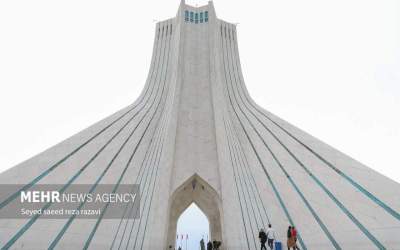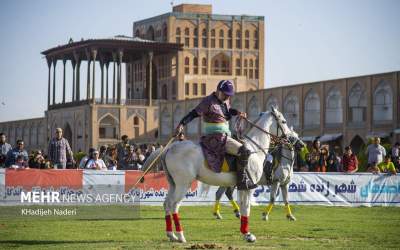Saturday 11 July 2015 - 17:51
Story Code : 171467
Iran, six powers struggle to overcome deadlock in nuclear talks
Tehran and the six powers have given themselves until Monday to reach a nuclear agreement, their third extension in two weeks, as the Iranian delegation accused the West of throwing up new stumbling blocks to a deal.
Among the biggest sticking points at the moment is Iran's insistence that a United Nations Security Council arms embargo and ban on its ballistic missile program dating from 2006 be lifted immediately if an agreement is reached.
Russia, which sells weapons to Iran, has been publicly supporting Tehran on this issue.
However, a senior Western diplomat said earlier in the week the six powers - the United States, Britain, Germany, France, Russia and China - remained united over the issue, despite Moscow's and Beijing's well-known dislike of the embargos.
Western powers have long suspected Iran of aiming to build nuclear bombs and using its civilian atomic energy program to cloak its intention -- an accusation Iran strongly denies.
Other problematic issues in the talks are access for inspectors to military sites in Iran, answers from Tehran over past activity and the overall speed of sanctions relief.
"Still have difficult issues to resolve," U.S. Secretary of State John Kerry tweeted on Saturday after meeting Iran's Foreign Minister Mohammad Javad Zarif.
WE HAVE MADE PROGRESS"
The two men have met nearly every day since Kerry arrived in Vienna more than two weeks ago for what was intended to be the final phase in a negotiation process lasting more than year and a half aimed at securing a long-term deal with Iran.
Also present at Saturday's meeting was European Union foreign policy chief Federica Mogherini. Kerry also met with German Foreign Minister Frank-Walter Steinmeier. The U.S. delegation has not provided readouts of Saturday's meetings.
Kerry told reporters late on Friday the atmosphere in the talks was constructive.
"A couple of differences have been decided ... It's safe to say we have made progress," he said, without giving any details.French Foreign Minister Laurent Fabius returned to Vienna on Saturday. British Foreign Secretary Philip Hammond said on Friday he would also return soon.
It remained unclear whether Russian Foreign Minister Sergei Lavrov would return on Saturday. The Russian foreign ministry told Reuters his travel plans had not been finalized.
An agreement would be the biggest step toward rapprochement between Iran and the West since the 1979 Islamic Revolution.
But the negotiations have become bogged down, with diplomats speaking of a shouting match between Kerry and Zarif.
The White House said on Friday the United States and its partners "have never been closer" to agreement with Iran but that the U.S. delegation would not wait indefinitely.
A senior Iranian official speaking on condition of anonymity said on Thursday the United States and other Western powers were shifting their positions and backtracking on an April 2 interim accord that was meant to lay the ground for a final deal.
This article was written by�Gareth Jones for Reuters on 11 july
# Tags










